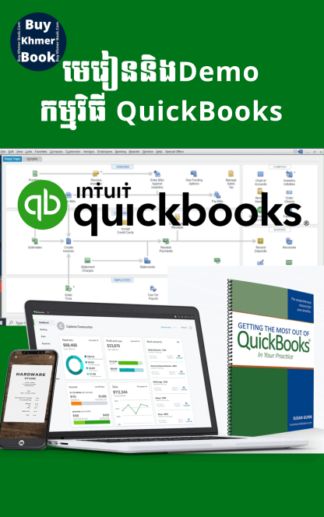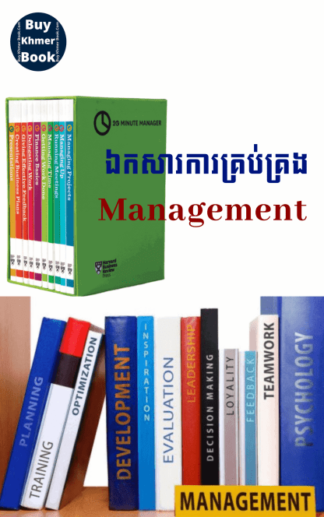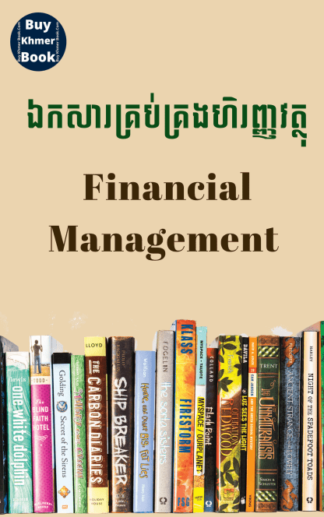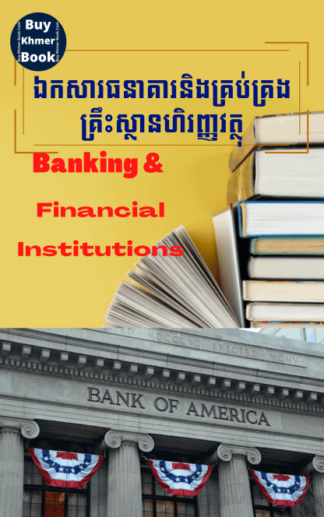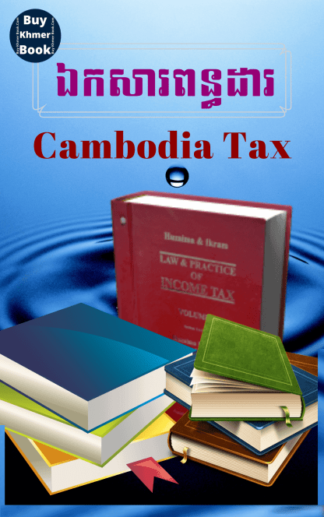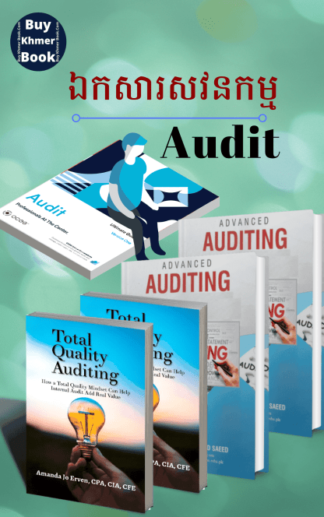The process of connecting clients with professional writers often presents various difficulties that require careful attention. One of the primary concerns for clients is the assurance of quality work, leading many to seek services that offer a money-back guarantee. This feature can significantly enhance trust and confidence in the matching process, as it provides a safety net for clients investing their resources into content creation.
In addition to financial guarantees, the technical aspects of writing, such as thesis formatting, are critical for specific projects. Writers must not only possess strong writing skills but also be knowledgeable about the guidelines and standards that pertain to academic and professional documents. Clients often face the challenge of ensuring that the assigned writer can meet these particular requirements.
By addressing these concerns, platforms can create a streamlined experience for both clients and writers, paving the way for successful collaborations that yield high-quality results.
Identifying Ideal Writer Profiles for Specific Projects
Choosing the right writer for a project involves assessing their expertise, style, and ability to meet specific requirements. For projects that demand an academic tone, such as argumentative essays, finding writers with a strong background in academic writing is paramount. Their familiarity with the conventions of scholarly discourse can significantly enhance the quality of the output.
Confidentiality is another critical factor. Writers must understand the importance of protecting client information, especially when dealing with sensitive or proprietary content. Engaging professionals who prioritize confidentiality helps build trust and encourages long-term collaboration.
For projects requiring coursework assistance, it’s crucial to identify writers who not only have academic credentials but also the capacity to convey complex ideas in an accessible manner. Their ability to bridge the gap between expert knowledge and student comprehension is vital to the success of educational assignments.
By systematically evaluating writer profiles against project specifications, clients can ensure that they select individuals who align with their objectives. This approach minimizes the risk of mismatched expectations and contributes to more successful project outcomes. For more resources on this topic, you can visit https://academicinside.co.uk/.
Building Strong Communication Channels with Writers
Establishing robust communication channels with writers is vital for achieving high-quality outcomes in any project. This involves creating an environment where writers feel supported and valued throughout the writing process.
Transparent Guidelines serve as the foundation for effective communication. Clearly outlining academic standards and expectations ensures that writers understand the requirements from the outset. This clarity helps to mitigate misunderstandings and keeps everyone aligned toward common goals.
Regular Check-Ins are another effective strategy. Scheduling periodic updates allows for progress assessments and offers opportunities for feedback. This two-way communication fosters trust and encourages writers to share any concerns they may have about their assignments.
24/7 Support enhances the communication framework by ensuring that writers have access to assistance whenever they encounter challenges. Offering multiple channels–such as live chat, email, or a dedicated support portal–enables writers to reach out easily, facilitating timely resolutions and promoting a sense of reliability.
Encouraging Confidentiality is also key to building these channels. Writers should feel safe sharing their ideas and drafts without fear of external scrutiny. By reinforcing the importance of privacy, organizations create a secure environment that encourages creativity and openness, further enhancing collaborative efforts.
Assessing and Measuring Writer Performance and Fit
Evaluating writer performance and compatibility with project requirements involves multiple criteria tailored to the specific nature of assignments, such as thesis formatting or crafting an argumentative essay. Metrics might include adherence to deadlines, quality of content, and the ability to tailor academic writing to target audiences effectively.
To gauge writer performance, algorithms analyzing past work samples can provide insights into writing style, complexity, and consistency. Feedback from clients plays a critical role, offering a qualitative assessment that complements quantitative measures.
The alignment of a writer’s expertise with the project specifics is pivotal. For instance, hiring writers experienced in thesis formatting can yield superior results compared to those whose strengths lie elsewhere. This strategic matching minimizes revisions and enhances satisfaction.
Incorporating a money-back guarantee reinforces confidence in the selection process. Such a policy assures clients that their investment is protected, creating a conducive environment for collaboration. This security can influence decisions and encourage engagement with writers who might otherwise be overlooked.
Regular check-ins and performance reviews can sustain quality throughout a project. Establishing clear benchmarks and goals enables continuous improvement and identifies areas where writers may excel or require additional support, ensuring they remain the right fit for future endeavors.
_ខាងក្រោមនេះជាសៀវភៅនិងឯកសារសម្រាប់ការងារនិងរៀនគ្រប់ប្រភេទ៖
-
Uncategorized (130)
-

កម្មវិធី QuickBooks រៀបចំដោយ ACCA, MBA, Tax Agent..បន្ទាប់ពីទិញ អានមិនយល់អាចសួរបាន /ទាក់ទងទិញ 093 646 646 (32)
-

ការគ្រប់គ្រង (Management) រៀបចំដោយ ACCA, MBA, Tax Agent..បន្ទាប់ពីទិញ អានមិនយល់អាចសួរបាន /ទាក់ទងទិញ 093 646 646 (67)
-

ការធ្វើទីផ្សារ (Marketing) រៀបចំដោយ ACCA, MBA, Tax Agent..បន្ទាប់ពីទិញ អានមិនយល់អាចសួរបាន /ទាក់ទងទិញ 093 646 646 (20)
-

គណនេយ្យ (Accounting) រៀបចំដោយ ACCA, MBA, Tax Agent..បន្ទាប់ពីទិញ អានមិនយល់អាចសួរបាន /ទាក់ទងទិញ 093 646 646 (215)
-

គ្រប់គ្រង់ហិរញ្ញវត្ថុ (Finance) រៀបចំដោយ ACCA, MBA, Tax Agent..បន្ទាប់ពីទិញ អានមិនយល់អាចសួរបាន /ទាក់ទងទិញ 093 646 646 (42)
-

ធនាគារនិងគ្រឹះស្ថានហិរញ្ញវត្ថុ (Banking & Financial Institution) រៀបចំដោយ ACCA, MBA, Tax Agent..បន្ទាប់ពីទិញ អានមិនយល់អាចសួរបាន /ទាក់ទងទិញ 093 646 646 (6)
-

ពន្ធដារ (Cambodia Tax) រៀបចំដោយ ACCA, MBA, Tax Agent..បន្ទាប់ពីទិញ អានមិនយល់អាចសួរបាន /ទាក់ទងទិញ 093 646 646 (79)
-

សវនកម្ម (Audit ) រៀបចំដោយ ACCA, MBA, Tax Agent..បន្ទាប់ពីទិញ អានមិនយល់អាចសួរបាន /ទាក់ទងទិញ 093 646 646 (41)
